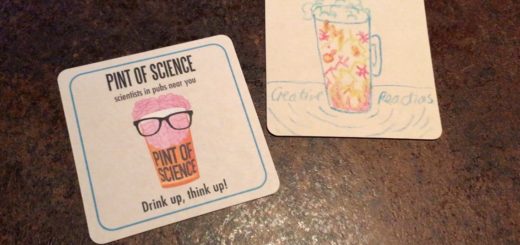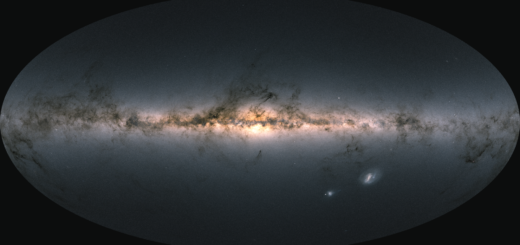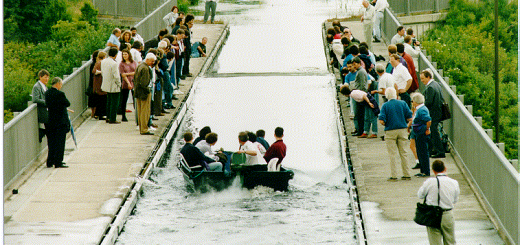Glasgow Celebrates Yuri’s Night
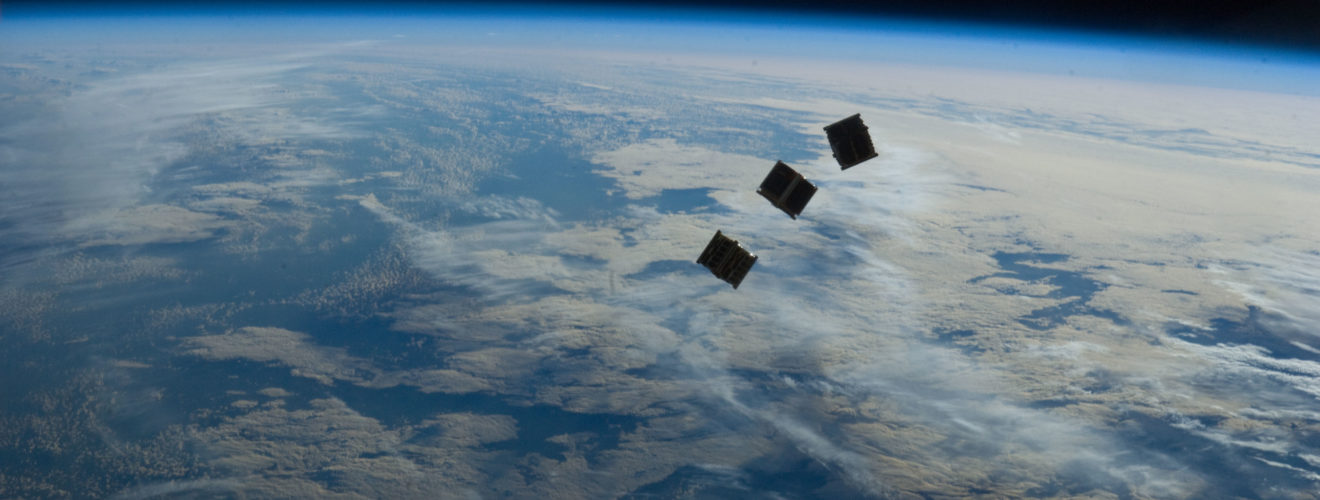
Three weekends ago, theGIST attended ‘Glasgow Celebrates Yuri’s Night’, a night of games, comedy, and live music – all in celebration of space exploration. It was 58 years ago on the 12th of April, 1961 that Yuri Gagarin became the first human to venture into space. Since then, the day marks a global celebration (primarily amongst scientists and space enthusiasts, but that’s just an assumption) of humankind’s achievements in space. Organised by staff and students from the Department of Mechanical & Aerospace Engineering at Strathclyde, the night entailed laughter, pints, and a host of interesting facts – in the end, a gratifyingly geeky yet entertaining way to spend a Friday night.
To begin, the host introduced the audience to a panel of students and lecturers: British and non-British, some younger some older, different sexes, different scientific backgrounds, and, overall, an illustration of why stereotypes are an oversimplified and over-generalised belief about a particular group of people. But, back to the panel – the game introduced was ‘Just a Minute’, a BBC Radio 4 game in which contestants must speak for an entire minute without hesitation, deviation, or repetition on a subject.
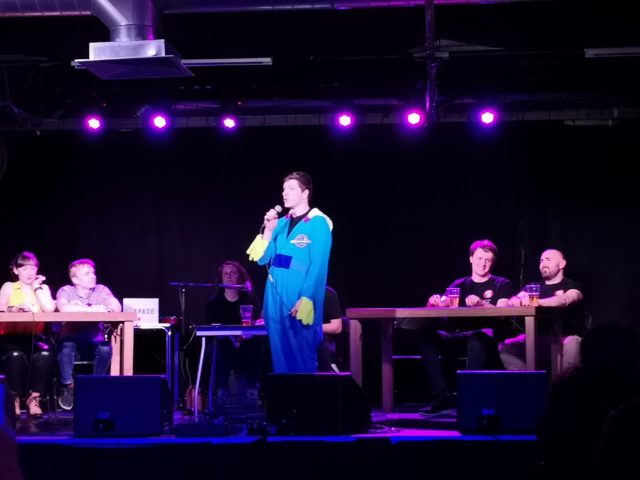
First topic (selected by whichever audience member shouted out a suggestion): black holes. From chatting about an alleged booze-fuelled Einstein to internet memes, the light-hearted round came to an end. Equally humorous was the next topic of Mars, which included short rants about Elon Musk and SpaceX as well as Matt Damon ‘growing mostly potatoes’ on Mars (referring to the film ‘The Martian’, a 2015 science fiction drama, where Matt Damon is left behind – by accident – by his fellow astronauts on Mars). But in contrast came the next round: small satellites – which revealed astounding facts not only about satellites but also the growing satellite-building industry thriving here in Glasgow.
Small satellites are defined as satellites weighing less than 500kg. They can be further categorised according to their size. For example, microsatellites weigh 10-100kg and nanosatellites only 1-10kg. While smaller satellites, in comparison to their larger counterparts, are easier to launch, their smaller size means instruments are in turn smaller and, therefore, acquire less data – one of the major challenges that engineers in the field face. From real-time monitoring of ships and aircrafts to tracking and predicting weather conditions and our planet’s resources, small satellites represent a unique space technology that can solve some of Earth’s problems – or perhaps more accurately – the issues us humans face on Earth. The round also divulged that more satellites are built in Glasgow than anywhere else in Europe (and more than any other city outside the USA), and the 1st of April marked the 100th Scottish satellite to enter orbit1.
Turns out, Scotland’s space industry is a serious contender at an international level2, and Europe’s first orbital spaceport, a site that launches satellites, is set to open in in Sutherland, a county up North in the Highlands of Scotland3. Glasgow, in particular, is a major player in Scotland’s booming space industry, with world-leading satellite-based companies, including Spire Global4, Alba Orbital5, and Clyde Space6, all based in Glasgow. And it’s not just companies forging Glasgow’s reputation as a capital for space tech. Universities across Glasgow are producing highly-skilled and entrepreneurial graduates, such as Tom Walkinshaw, CEO of Alba Orbital, from Glasgow Caledonian University7 and Clyde Space CEO, Craig Clark, from the University of Glasgow8, that are shaping the industry. Moreover, with universities and academics producing ground-breaking research (check out this Strathclyde-led experiment that’s headed to the international space station:9 or University of Glasgow’s contribution to and continued involvement with the European Space Agency’s LISA mission10) and establishing close ties with industry partners (the University of Strathclyde hosts the Scottish Centre of Excellence in Satellite Applications11), it seems Scotland’s ambitious aim of growing their space industry to value £4 billion by 2030 is an achievable target12, and Glasgow is paving the way
Three rounds later, after AI, Aliens, and Star Wars, ‘the movie franchise that will never end’, team Beta beat team Alpha, marking the end to the first game of the night. For the next part of the night, improv comedy was in store. A talented group known as ‘Justice for Laika’ point out these weren’t just silly games, ‘you can win a t-shirt’.
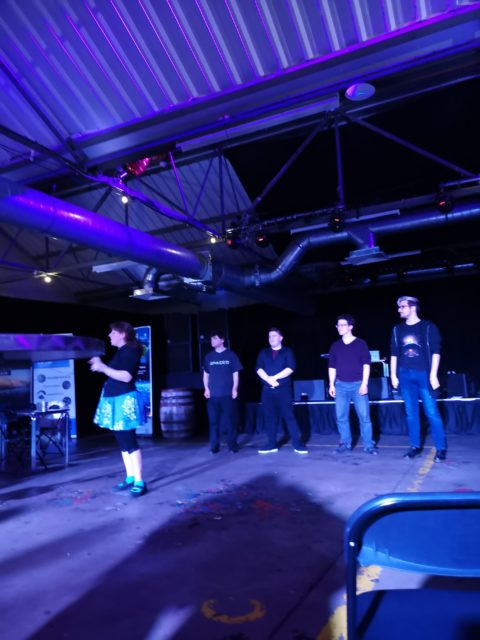
In ‘I object’ after a topic was chosen by the audience, a group member had to talk about it until another member would shout ‘I object’. Stephen Hawking was chosen first, which ended on an inspirational note about Ruth Bader Ginsburg. To end was the game ‘Sex with Me’ – one of the chosen themes of telescope produced a number of witty answers. ‘Sex with me is like a telescope…things look bigger but they’re not…it does get longer I promise…loads of men don’t know how to use it…’ Finally, before the live band act, L-Space, the end of the night wrapped up with PhD students providing a quick overview of their research, a type of ‘stand-up for academics’, which included research into small satellites, AI for satellites, and other fascinating topics.
Though scientists aren’t known for the sense of humour – the night all around showed once again – don’t judge a book by its cover. Moreover, it provided a fascinating insight into how science and technology are transforming the city of Glasgow.
This article was specialist edited by Emily May Armstrong and copy-edited by Gemma Donnelly.
References
- https://news.sky.com/story/glasgow-leads-britains-satellite-space-race-11343521
- https://www.scotsman.com/future-scotland/tech/glasgow-builds-more-satellites-than-any-other-european-city-1-4354219
- https://www.sdi.co.uk/business-in-scotland/key-sectors/aerospace-and-space
- https://www.spire.com/en
- http://www.albaorbital.com/
- https://www.clyde.space/
- https://www.gcu.ac.uk/newsroom/news/article/index.php?id=246687
- http://www.sciencescotland.org/feature.php?id=170
- https://www.strath.ac.uk/whystrathclyde/news/strathclydeexperimentsheadingtointernationalspacestation/
- http://www.physics.gla.ac.uk/igr/index.php?L1=detectors&L2=lisa
- https://www.insider.co.uk/news/scottish-centre-excellence-satellite-applications-10285453
- https://www.sdi.co.uk/business-in-scotland/key-sectors/aerospace-and-space

